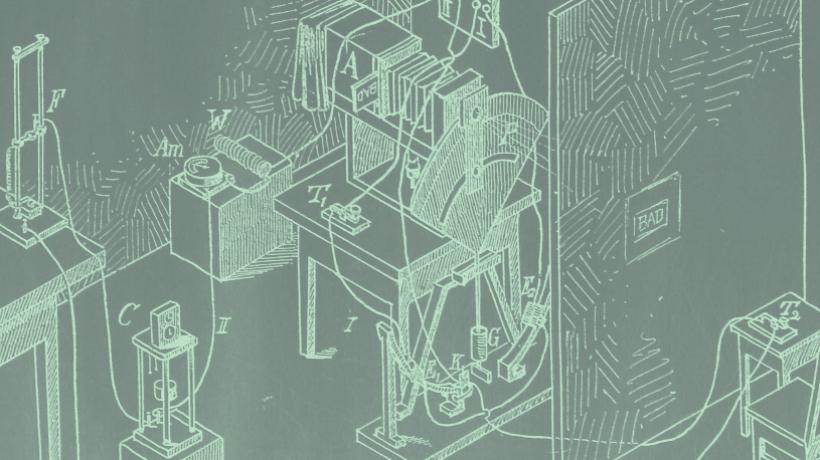Digitized Sources
As a committed open-access Institute, the Max Planck Institute for the History of Science (MPIWG) presents high-quality digital versions of sources from the library and many other collections. Its open digital research library ECHO—Cultural Heritage Online, established in 2002 to create a research-driven infrastructure for the humanities, makes some 200,000 items available to a wider scholarly community. It now includes more than 890,000 digitized images of historical source material (texts, images and maps) in high resolution, about 240 video sequences, 57,000 full-texts in several languages, and 95 seed collections in several disciplines and thematic fields, in particular in the history of science.
The ECHO initiative is characterized by its strict open access policy. It has been presented at many international forums, such as UNESCO, various Open Access conferences, advisory boards for funding organizations (DFG, Gerda-Henkel-Stiftung, NSF, Getty Foundation), as well as advisory boards for national and international initiatives for creating research infrastructures (DDB, Europeana, DFG, DARIAH) as a best practice example of an open access environment.
In cooperation with the MPIWG library, part of the ECHO infrastructure is dedicated to the installation and documentation of workflows for the digitization of cultural heritage. In cooperation with the MPIWG’s Research IT team, developments in research-driven tools and workflows for analysis and publication of scholarly data linked to primary sources have been supervised and integrated into the common and expanding open-access working environment. In addition, work has focused on the development and documentation of XML-full text production and its possibilities for linguistic analysis and comparison of large text corpora.

